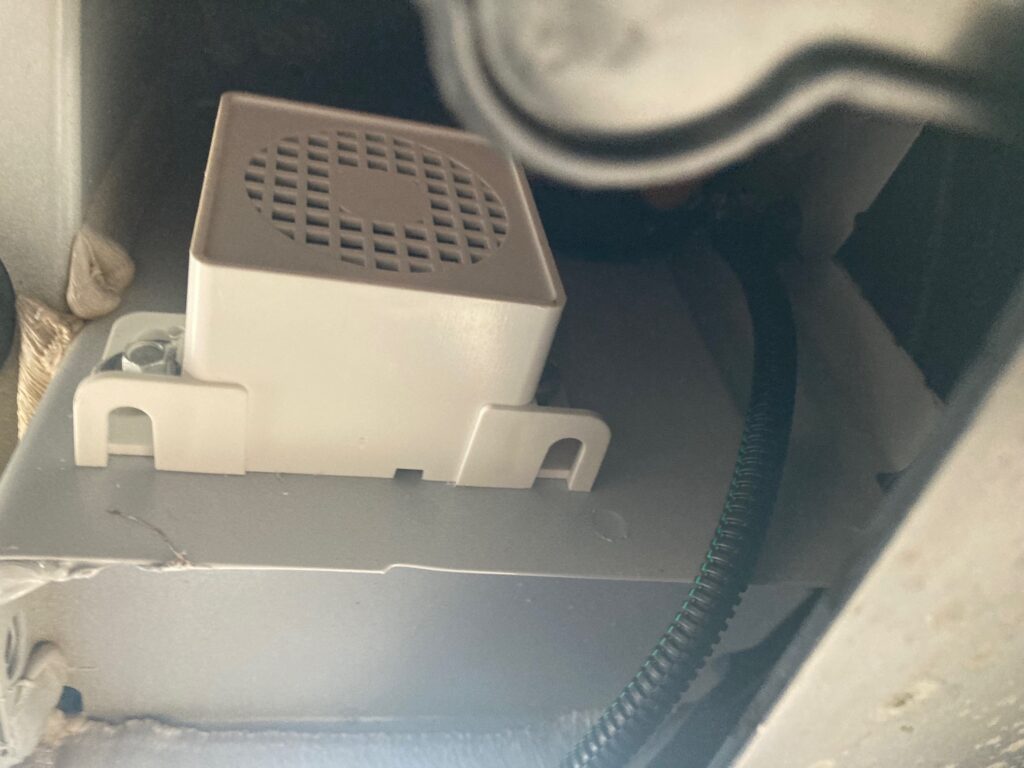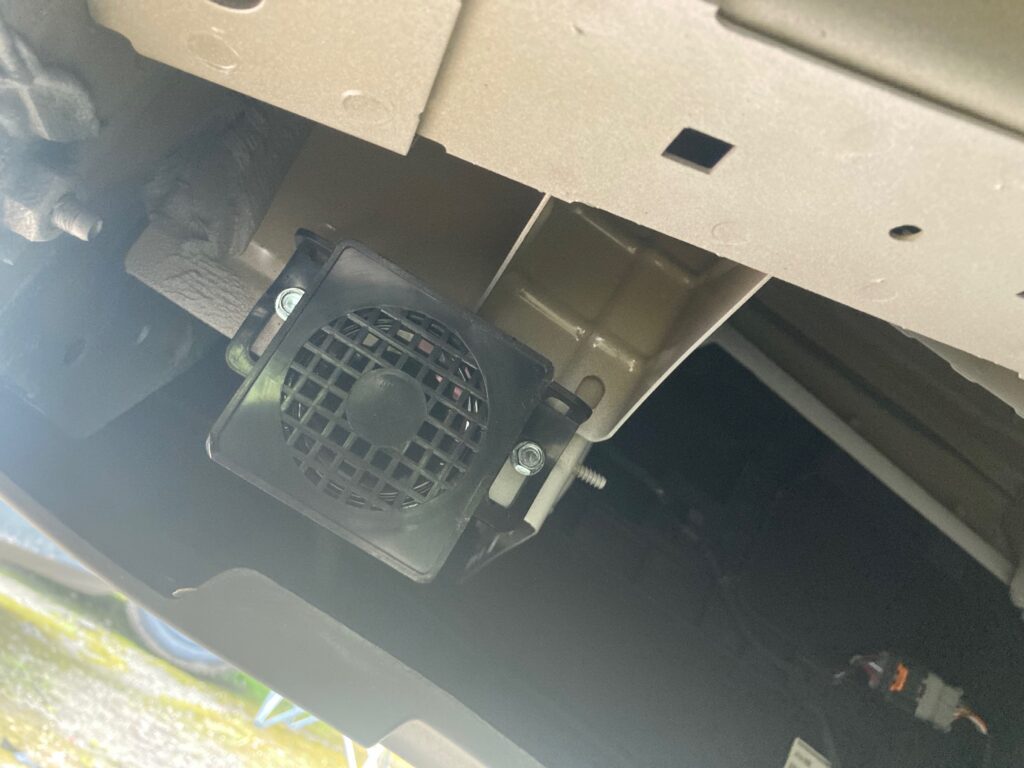
Reverse alarms, also known as backup alarms, are safety devices installed in commercial vehicles to alert pedestrians and other road users when a vehicle is reversing. These alarms play a crucial role in preventing accidents by providing audible warnings, thereby enhancing safety in busy environments where visibility may be limited, such as construction sites, warehouses, and urban areas.
Importance of Reverse Alarms
Increased Safety: Reverse alarms are essential for reducing the risk of accidents involving pedestrians or other vehicles during reversing maneuvers. They help to ensure that individuals in the vicinity are aware that the vehicle is backing up.
Regulatory Compliance: Many local regulations and safety standards require the installation of reverse alarms on commercial vehicles, particularly those used in public spaces. Compliance with these regulations helps businesses avoid fines and promotes a culture of safety.
Prevention of Property Damage: By alerting workers and bystanders of a moving vehicle, reverse alarms help prevent property damage caused by collisions.
Models of Reverse Alarms
There are several types of reverse alarms that can be installed in commercial vehicles, each designed for specific applications and environments. Here are some common models:
Standard Beep Alarm
Description: Emits a consistent beeping sound while the vehicle is in reverse.
Volume: Typically ranges from 87 to 112 dB, depending on the model.
Use Cases: Commonly used in most commercial vehicles, such as vans, trucks, and buses.
Multi-Tone Alarms
Description: Utilize different tones or frequencies to generate a more attention-grabbing sound. Some models may incorporate different sounds for different reversing scenarios.
Benefits: These alarms are designed to capture the attention of individuals more effectively than standard beep alarms, making them suitable for high-traffic areas.


Use Cases: Perfect for construction sites, industrial plants, or any environment with heavy pedestrian traffic.
Operating Environment: Consider the noise level of the environment in which the vehicle will operate. Areas with heavy pedestrian traffic or construction sites may necessitate stronger or more adaptable alarms.
Regulatory Requirements: Check local regulations regarding reverse alarm installation to ensure compliance with legal standards.
Maintenance: Choose alarms that are durable and require minimal maintenance to keep operating effectively.
Reverse alarms are essential safety features for commercial vehicles that help prevent accidents and comply with safety regulations.
Various models are available to suit different needs and environments, each with distinct benefits.
By selecting the appropriate reverse alarm, businesses can enhance the safety of their operations and demonstrate a commitment to workplace safety.
We specialize in providing high-quality reverse alarms tailored for commercial vehicle applications.


